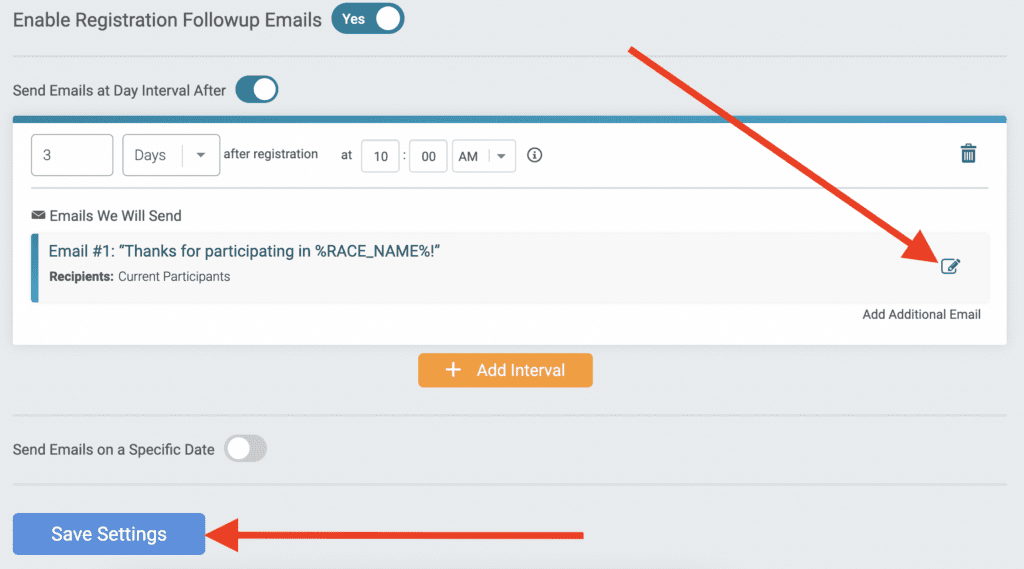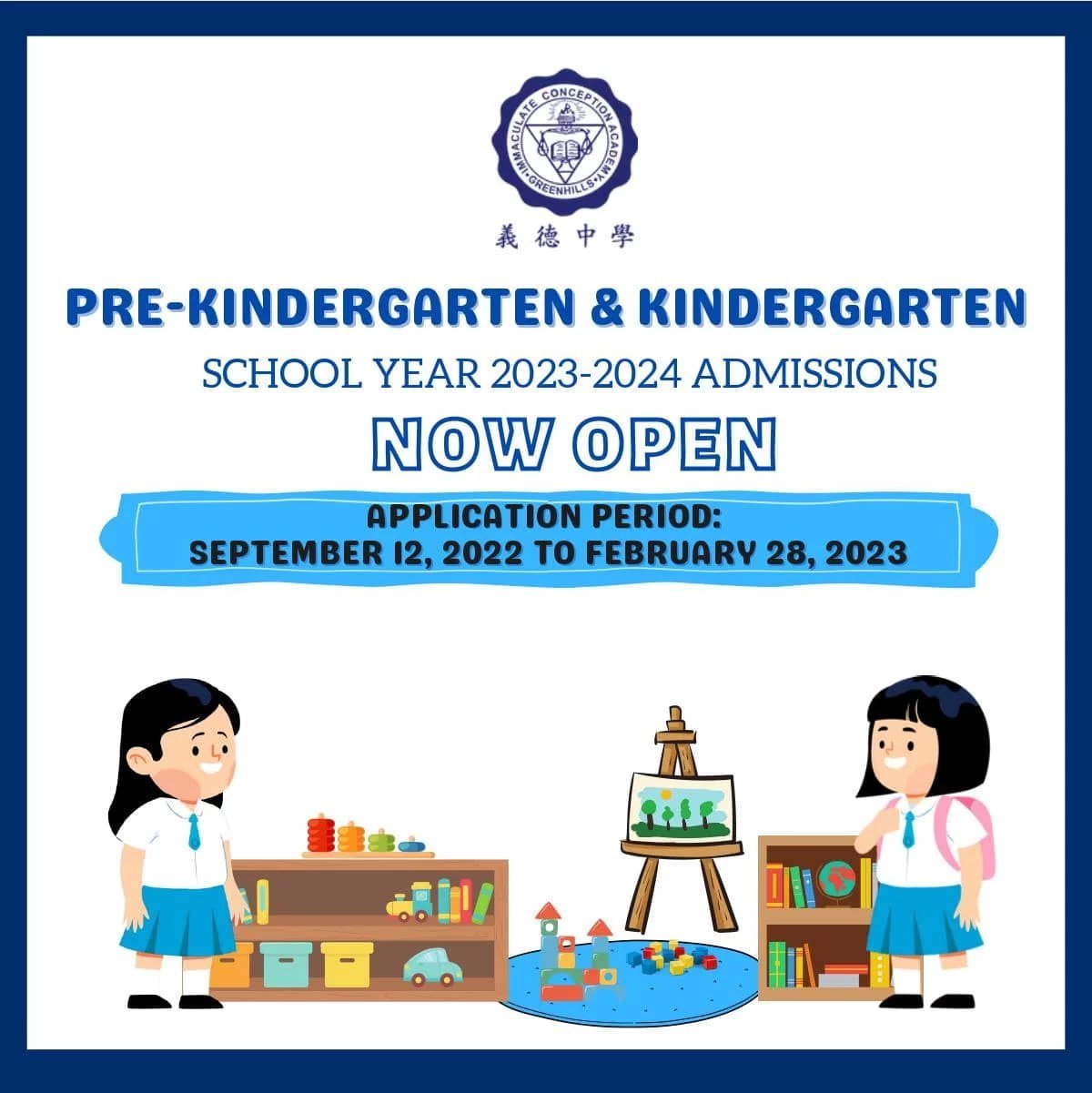CRM for Events and Webinars in 2025: Registration to Follow-Up That Closes Deals, stands at the nexus of an evolving landscape, where the convergence of digital transformation and the enduring value of human connection reshapes how events and webinars are conceived, executed, and measured. The event and webinar industry is experiencing a paradigm shift, propelled by advancements in technology, changing audience expectations, and the imperative for measurable ROI.
Customer Relationship Management (CRM) is no longer merely a tool; it is the central nervous system of this new ecosystem, orchestrating every touchpoint from initial registration to post-event engagement, with the ultimate objective of converting attendees into loyal customers.
Engagement rings have long been a symbol of love, commitment, and unity, and the materials used to craft these rings carry their own unique history and significance. Among the various metals used for engagement rings, platinum has become one of the most popular and revered choices.
In 2025, mastering CRM for events and webinars means transforming registration into revenue. But the path to closing deals is evolving rapidly, with AI taking center stage. Exploring how HubSpot AI in 2025, as discussed in HubSpot AI in 2025: Sequences, Content Assist, and Predictive Features Reviewed , impacts sequences and content, will be crucial. Ultimately, leveraging these advancements will define success in CRM for events and webinars, from initial sign-up to final conversion.
This analysis will delve into the strategic integration of CRM systems to optimize every stage of the event lifecycle. We will explore pre-event strategies designed to build anticipation and drive registrations, detailed registration management and data capture processes, techniques for maximizing attendee interaction during events, and post-event follow-up campaigns engineered to nurture leads and drive conversions. Further, we will examine the crucial role of lead scoring, sales team collaboration, and emerging CRM features, providing a comprehensive framework for event organizers seeking to maximize their investment and achieve sustainable growth in this dynamic environment.
This study also includes guidance on selecting the optimal CRM solution and measuring its impact through key performance indicators (KPIs).
Introduction: The Evolving Landscape of Events and Webinars in 2025: CRM For Events And Webinars In 2025: Registration To Follow-Up That Closes Deals
Welcome to the wild, wacky world of events and webinars in 2025! Buckle up, buttercups, because things are about to get seriously exciting (and maybe a little chaotic). The event industry is no longer just about rubber chicken dinners and awkward networking sessions. Oh no, it’s transformed into a high-tech, data-driven, and oh-so-engaging spectacle. And at the heart of this transformation?
You guessed it: Customer Relationship Management (CRM). Think of it as the ultimate event wingman, helping you wrangle leads, charm attendees, and close deals like a seasoned salesperson with a winning smile (and maybe a slightly cheesy pick-up line).
This article will dive deep into how CRM is the secret sauce for event success, from pre-event buzz to post-event follow-up. We’ll explore the latest trends, the must-have features, and the strategies that will turn your events and webinars into lead-generating, conversion-boosting machines. Prepare to laugh, learn, and maybe even shed a tear of joy as you discover the power of CRM in the ever-evolving landscape of events and webinars!
Explain the current trends shaping the events and webinar industry., CRM for Events and Webinars in 2025: Registration to Follow-Up That Closes Deals

Source: runsignup.com
Events and webinars in 2025 demand a CRM that goes beyond registration, driving deals. But how do we ensure our reporting stays intact as we nurture leads? The key lies in understanding CRM Pipeline Stages That Don’t Break Reports (2025 Templates) , which provide the structure to follow-up effectively. By implementing these strategies, we can optimize the entire event funnel, from initial signup to closing deals, all while maintaining data integrity.
The event and webinar industry is currently experiencing a whirlwind of changes, and it’s more exciting than a clown car filled with puppies! Here are some of the hottest trends, guaranteed to make your event planning life a little less boring:
- Hybrid is the new normal: Forget either/or, it’s all about “and.” Events are blending in-person experiences with virtual components. Think live streaming, interactive online sessions, and virtual networking. It’s like having your cake and eating it too, but the cake is a fully immersive event experience.
- Personalization is king (or queen): Generic, one-size-fits-all events are so last year. Attendees crave tailored experiences, from personalized content recommendations to customized networking opportunities. It’s like getting a bespoke suit, but for your brain.
- Data, data everywhere: Events are becoming data goldmines. Organizers are leveraging analytics to understand attendee behavior, measure engagement, and optimize event strategies. It’s like having a crystal ball, but instead of seeing the future, you see what works (and what doesn’t).
- Virtual reality (VR) and augmented reality (AR) are making a splash: VR and AR are adding a layer of immersion to events, offering attendees interactive experiences and unique engagement opportunities. It’s like stepping into a video game, but you’re actually at a conference.
- Sustainability is a must: Attendees are increasingly conscious of environmental impact. Events are going green, with a focus on reducing waste, using eco-friendly materials, and offsetting carbon emissions. It’s like being good to the planet while still having a blast.
Provide a brief overview of the role of Customer Relationship Management (CRM) in this evolving landscape.
CRM is no longer just for sales teams; it’s the central nervous system of modern event management. It’s the tool that allows you to collect, organize, and leverage data to create unforgettable experiences. In this dynamic landscape, CRM acts as the conductor of an orchestra, harmonizing all the different instruments (marketing, sales, event planning) to create a beautiful symphony of success.
Think of CRM as your all-in-one event command center. It allows you to:
- Manage attendee data: Store and access all relevant information about your attendees, from registration details to engagement history.
- Automate tasks: Automate repetitive tasks like email marketing, registration confirmations, and follow-up sequences.
- Personalize communications: Tailor your messaging to individual attendees based on their interests, behavior, and event interactions.
- Track results: Measure the effectiveness of your event campaigns and identify areas for improvement.
- Integrate with other tools: Seamlessly connect your CRM with other event management platforms, such as registration systems, email marketing tools, and social media platforms.
Share the core benefits of using CRM for events and webinars, focusing on lead generation and conversion.

Source: edu.ph
Using CRM for events and webinars is like having a superpower that helps you generate leads and convert them into paying customers. Here’s the lowdown on the core benefits:
- Improved lead generation: CRM helps you identify and target the right audience, capture leads through event registrations and interactions, and nurture them with personalized content. It’s like having a super-powered fishing rod that only catches the best fish.
- Increased conversion rates: By tracking attendee engagement and behavior, you can identify hot leads and tailor your follow-up efforts to close deals faster. It’s like having a secret weapon that turns prospects into customers.
- Enhanced attendee experience: CRM allows you to personalize the event experience, providing attendees with relevant content, networking opportunities, and support. It’s like giving your attendees the VIP treatment.
- Better data insights: CRM provides valuable data insights into event performance, helping you understand what works and what doesn’t. It’s like having a crystal ball that shows you how to make your events even more successful.
- Streamlined workflows: CRM automates repetitive tasks, freeing up your time to focus on more strategic activities. It’s like having a personal assistant who handles all the boring stuff.